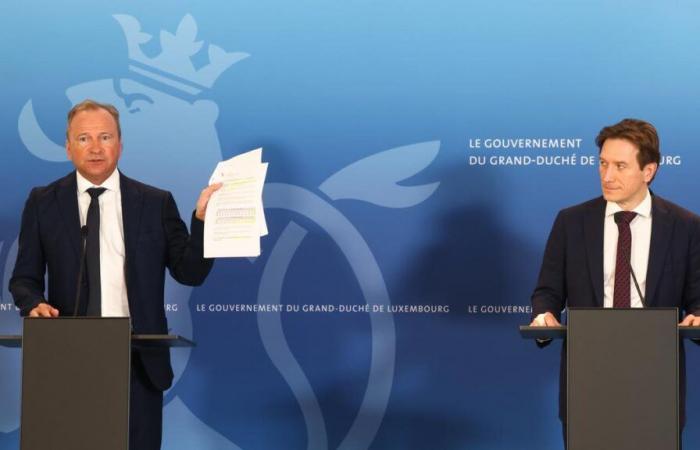Every December, it’s the same drama: Christmas is approaching and the administration is putting pressure on taxpayers to finally complete their tax returns. Under the threat of a hefty fine, we begin, in panic, to gather all the figures and all the data that lie dormant in the depths of the house file cabinet. At the last minute, we finally go to the administration ourselves, drop the package in the mailbox and swear to start the procedure earlier the following year.
Figures from the Direct Tax Administration (ACD) show that this is not an isolated case. According to these figures, almost one in three people only complete their tax return in December. This is not only synonymous with stress for taxpayers, but also for the authorities, for whom filing at the last moment regularly leads to peaks in costs. The CDA is now announcing fundamental changes that should simplify the process for both parties.
Pre-filled declarations
First of all, the share of tax returns filed digitally via the electronic assistant on MyGuichet.lu must increase from 9.6% currently to 85% within three years – currently, 77% of returns are filed on forms paper.
The objective is to achieve this by reducing the burden on the taxpayer as much as possible. “The simplest thing is that the administration goes the opposite way: that it is not the people who make the tax declaration with 20 pages plus the annexes, but (…) that the tax administration does a proposed tax declaration that people, if they agree, sign,” said Finance Minister Gilles Roth (CSV) on Thursday at a press conference.
As part of future simplified tax returns, households will receive pre-filled tax returns from the administration based on data that the administration already has.
-Principe «Once Only»
The principle must be applied this year. Initially, in March, around 20,000 households who only receive income from wages and pensions will receive an invitation to participate in the new procedure, to which they will have to actively consent. If so, the administration will send out the pre-filled returns in May. The taxpayer must then check them, modify them if necessary and return them signed.
Gradually, more complex tax files should also be able to be processed according to this principle. According to the “Once Only” principle, the administration should be able to obtain other data from other administrations in the coming years in order to pre-process the declarations. Ultimately, it is even planned to obtain data from third parties such as banks and insurance companies, if the taxpayer consents. By 2028, 100,000 tax returns should be processed in this way in the country.
Jean-Paul Olinger, director of the ACD, expects many benefits from this project. “The taxpayer saves time, the sources of error are reduced, it’s easier to control for the taxpayer as well,” he says.
This article was originally published on the website of Luxembourg word. Adaptation: Mélodie Mouzon






